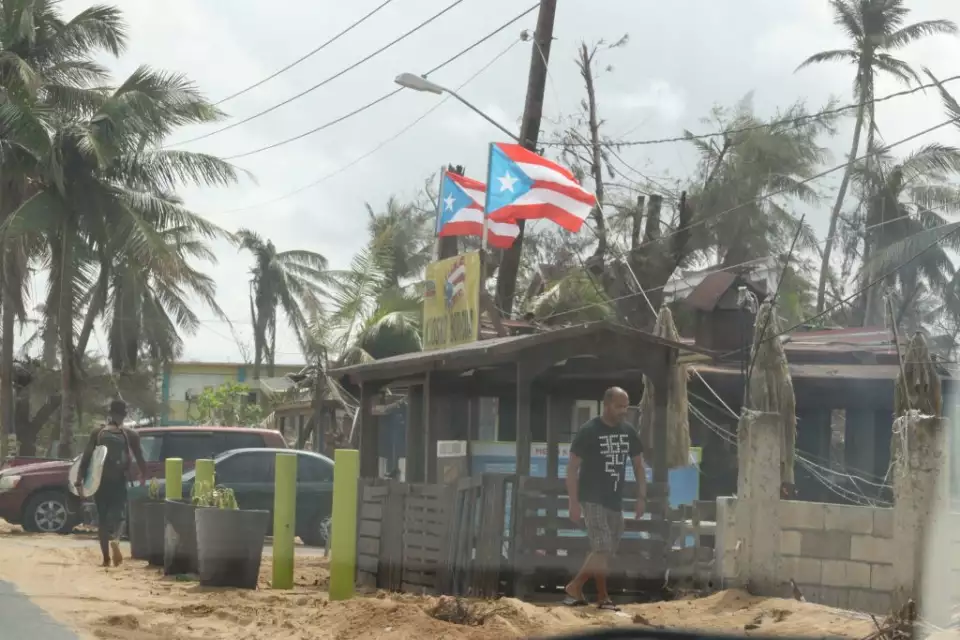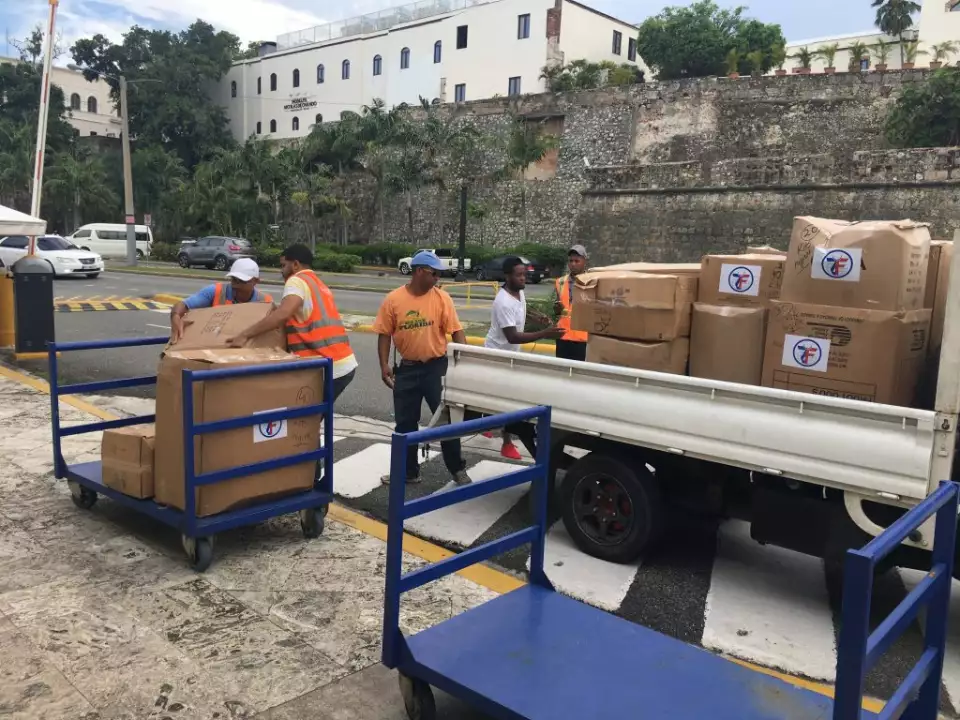For nearly a decade, Zakat Foundation of America has been implementing relief programs in Latin America and the Caribbean. From emergency response in the 2010 Haiti earthquake to currently supporting relief efforts in Puerto Rico. Recently, Zakat Foundation of America sent a Programs Coordinator to Puerto Rico to oversee the progress of our humanitarian response.
Leticia joined Zakat Foundation of America as a Programs Coordinator last summer. She has years of experience coordinating relief work for natural disasters in the United States and Latin America, specifically in Chile.
Leticia’s trip first included a stop in the Dominican Republic where she connected with Zakat Foundation of America aid workers preparing the first shipment of humanitarian aid kits. From there, it was sent to the island of Puerto Rico.
What is Zakat Foundation of America’s strategic plan in terms of assisting relief work on the ground in Puerto Rico?
Right now, our key focus has been sending relief items - hygiene kits, baby food, water, and gas cook stoves.
Other ways we’re helping is by raising awareness on what the needs are and relaying that to the general public. We’re raising funds, and as the situation changes, we’re able to purchase items that are most needed at the moment.
How widespread is the devastation?
It’s the entire island. I arrived in San Juan, the capital city, three weeks into global relief efforts. It’s still a daily struggle to find gas, water, food. If that’s the situation in San Juan, it’s even worse outside the capital. There’s still people that don’t have a steady stream of water or connection no electricity.









